WILLIAM Odgers was one of only a handful of Cornish-men to have been awarded the Victoria Cross for his heroism during wars in New Zealand.
It was thought that William was born on February 14, 1834 in Falmouth – and was a ‘handsome boy’ according to research conducted by Lt Cdr Barry Brooking MBE RN from Saltash.
There is little known about the early life of William however it is believed that is father was a ship steward and that William worked on Cornish luggers from a young age. It was thought that he visited Saltash on various trip as he learnt the seaman’s trade.
In 1852, William joined the Royal Navy and saw action in a variety of campaigns on a variety of warships including in 1852 on the HMS Vulture, William then signed onto a 10 year continuous service engagement in 1854, then in 1860 on the HMS Niger a steam corvette, 1500 tonnes with 14 guns, HMS Cambridge a training ship based near Torpoint, HMS St George, 1867 on the HMS Rodney and finally in 1868 he left the navy as a petty officer.
His naval pension was £27 a year after a 16 year service.
During his time serving as a leading seaman and captain’s coxswain on the HMS Niger there was a conflict taking place in New Zealand known as the Māori Land Wars caused over land rights.
On March 1 1860 the HMS Niger arrived in New Plymouth, New Zealand as an escort to the steamship the ‘Adelaide’ which had 500 men on board to support an attack on native rebels.
The attack took place between March 17-18 and saw British troops bombard a native stronghold from the mouth of the Waitara River.
During operations against the rebel natives when storming a stockade, William was one of the first to enter under heavy fire – he also assisted in hauling down the enemy’s colours.
From this act, William was given a Victoria Cross (VC) – the highest military award given for ‘bravery in the face of the enemy.’
William was given a VC which had a blue ribbon as during that time the Navy had blue colours and the Army ribbon was crimson.
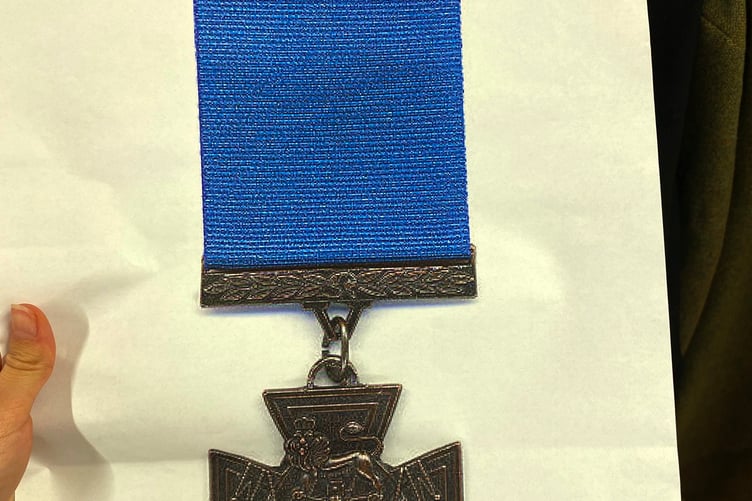
A VC is awarded for ‘conduct above and beyond not to be expected of a British soldier in action’.
Only a handful of Cornish men qualified for the award.
William was granted his VC when he was 26. It was the first VC to be awarded in the Māori Land wars and William was one of the first ‘non rankers’ (not an officer) to be awarded.
It was believed that William had to wait two years until 1862 to receive his medal.
After returning home he was given it by an admiral on the parade grounds at Devonport.
Soldiers who are awarded a VC are saluted by even the highest ranks of the Navy.
It is believed however, that William never wore his medals – when sitting for a portrait artists had to paint them in.
During that time after leaving the Navy, soldiers are allowed to join the Her Majesty’s coastguard while still under the watch of the Navy.
William later joined and achieved the rank of Quartermaster and worked within the coastguard service until 1868.
Following his retirement from the Navy and the coastguard, William became the inn keeper of the Union Inn on the Waterside in Saltash and worked their until his death from ‘consumption’ on December 20, 1873 at the age of 39.
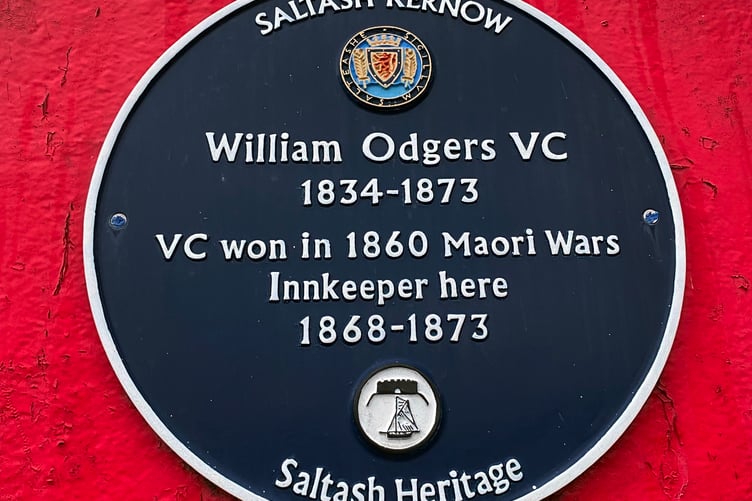
In 1902 William’s Victoria Cross was sold by his widow, possibly as money was short.
It was then sold again in 1957 and is now displayed in the Sheesh Mahal Museum, Patiala, India.
More recently, in celebration of William’s life, Mr Brooking led a day-long event to commemorate 150 years since his death.
On December 20 2023, a graveside blessing at St Stephen’s churchyard where special guests including the mayor of Falmouth and Saltash joined in. In the afternoon, Ashtorre Rock hosted an event where a detailed speech was given about William, his life and how he won is VC conducted by Mr Brooking.
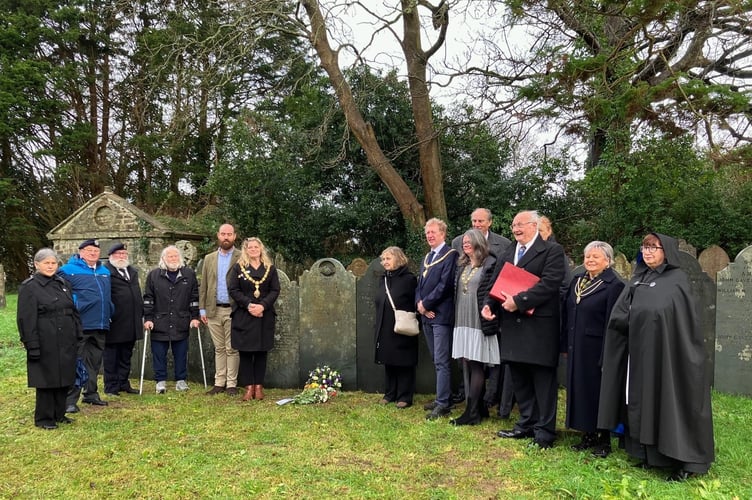
An evening of sea shanty signing later took place at the Union Inn.
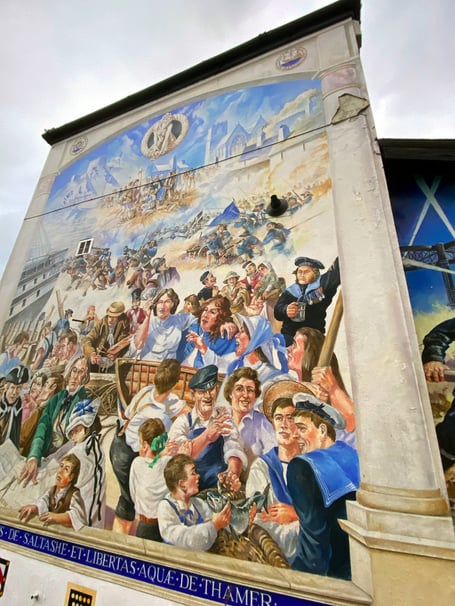
.jpg?width=209&height=140&crop=209:145,smart&quality=75)
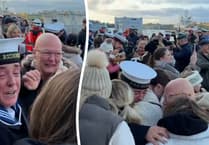
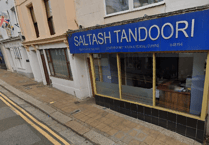

Comments
This article has no comments yet. Be the first to leave a comment.